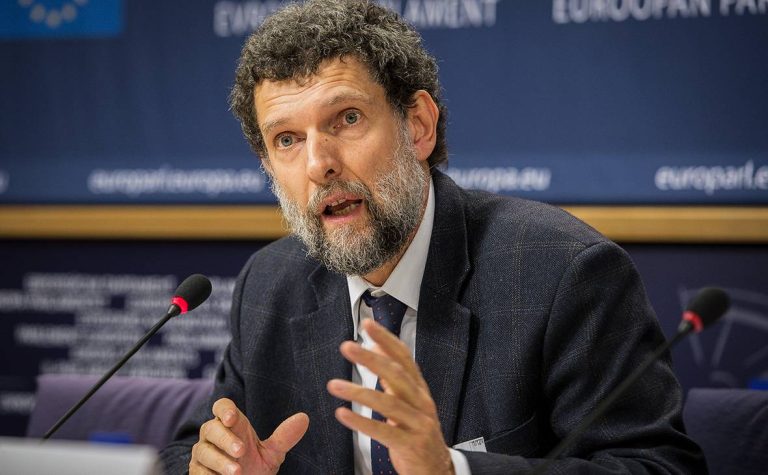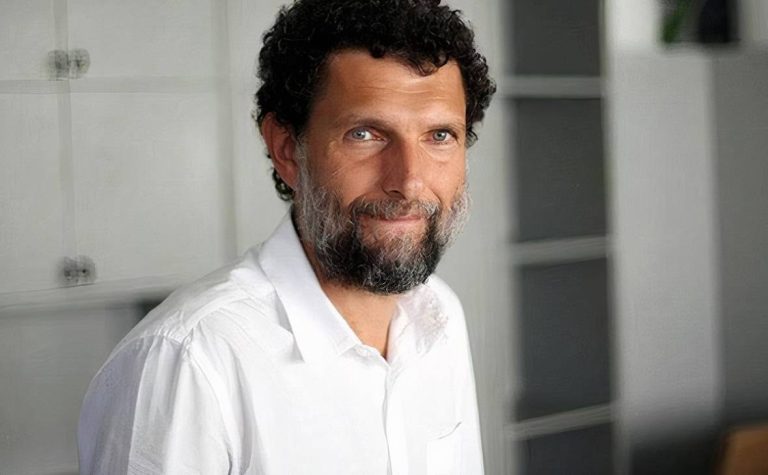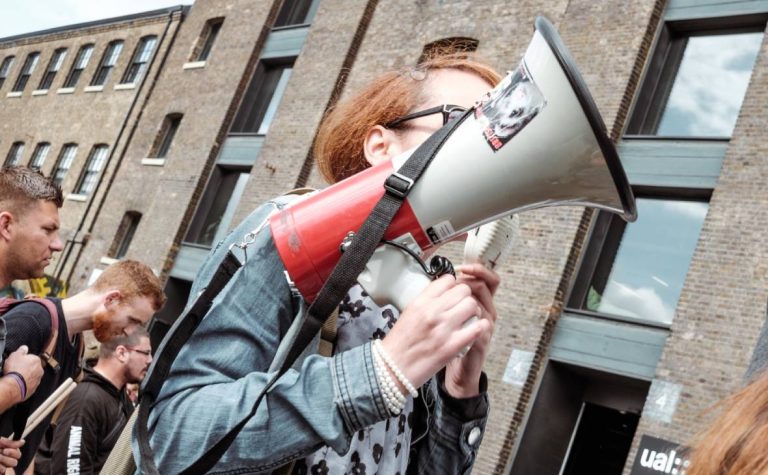Turkish businessman and human rights defender Osman Kavala marks his 1,000th day in detention, despite multiple court orders for his release. Speaking through his attorneys, Kavala described his imprisonment as “a fantastic fiction” and criticized the ongoing judicial process against him, which has now extended to include espionage charges.
Kavala’s prolonged detention has attracted widespread criticism from human rights organizations and legal experts, particularly after the European Court of Human Rights (ECHR) ruled that his arrest was in violation of the European Convention on Human Rights and called for his immediate release. However, despite these rulings, he remains behind bars.
“The subsequent rulings of arrest without any intervals in between raise suspicions about a single-handed calculation,” Kavala stated. “It is as if a parallel practice of execution was being carried out independently of the legal proceedings.”
Osman Kavala’s legal saga began on 18 October 2017 when he was arrested and detained on charges related to the Gezi Park protests, as well as alleged involvement in the 2016 coup attempt. In December 2019, the ECHR ruled that Kavala’s detention violated his rights under the European Convention on Human Rights and demanded his immediate release.
Despite this ruling, on 18 February 2020, Kavala was acquitted in the Gezi Park trial but was immediately rearrested on new charges related to espionage and the coup attempt, without being allowed to leave prison. By July 2020, Kavala had spent 1,000 days in detention, with no indictment filed for the espionage charges.
Kavala’s legal situation took a further turn when new charges of espionage were filed against him in 2020, despite there being no new evidence or indictment presented. The charges came after the ECHR’s ruling for his release, prompting many to question the motivations behind this latest development.
“The espionage charges were fabricated,” Kavala said. “One cannot possibly fail to understand that these are all moves to invalidate the verdicts of the European Court of Human Rights.” He pointed out that the ECHR ruling was unanimous and based on “indisputable facts” and added that this continued detention directly undermines the judicial process and the independence of the courts.
Our most recent efforts to reach out to Turkey’s Ministry of Justice for comment on the justification for ignoring the ECHR ruling went unanswered once again. Attempts were made to contact government officials regarding the ongoing detention of Osman Kavala, but no responses were received by the time of publication.
Judicial Independence Under Scrutiny
Kavala’s wife, Prof. Ayşe Buğra, spoke at a press conference on his 998th day in detention, describing the ongoing legal process as “torture.”
Kavala also noted the shift in political narratives around his arrest. Initially, accusations surrounding his role in the Gezi Park protests focused on foreign influence. “Those who prepared the fantastic fiction that Gezi was an uprising planned and financed by Soros and staged by my organization were members of the security and judiciary who would be charged with membership of the FETÖ,” Kavala said.
Kavala’s continued imprisonment has also drawn attention to the broader legal framework under which many political prisoners in Turkey remain behind bars. Under laws enacted during the State of Emergency following the 2016 coup attempt, charges such as “espionage” or “terrorism” can be brought against individuals without substantial evidence.
Legal experts, including constitutional law professor İbrahim Kaboğlu, have pointed to the concept of “virtual crimes” in cases like Kavala’s, where charges such as espionage or terrorism are often brought without concrete evidence. Kaboğlu’s view reinforces the idea that “virtual crimes” enable the state to pursue individuals based on political agendas rather than substantiated legal grounds.
Legal experts have criticized these practices, arguing that they erode public trust in the judiciary. “…in extraordinary circumstances, the scope of such crimes is determined based on governments’ preferences,” Kavala explained. “What is decisive in judicial proceedings here is not universal legal standards, but political priorities.”
Hope for Judicial Reform
When asked whether he believes justice will come to Turkey sooner or later, Kavala expressed cautious optimism. “It will definitely do,” he said. “Opposition parties, NGOs and professional organizations agree that judicial independence and a compliance of the judiciary with universal norms is a primary goal to ensure democracy and public welfare. All these make me more hopeful that a real reform will be done in the judiciary.”






